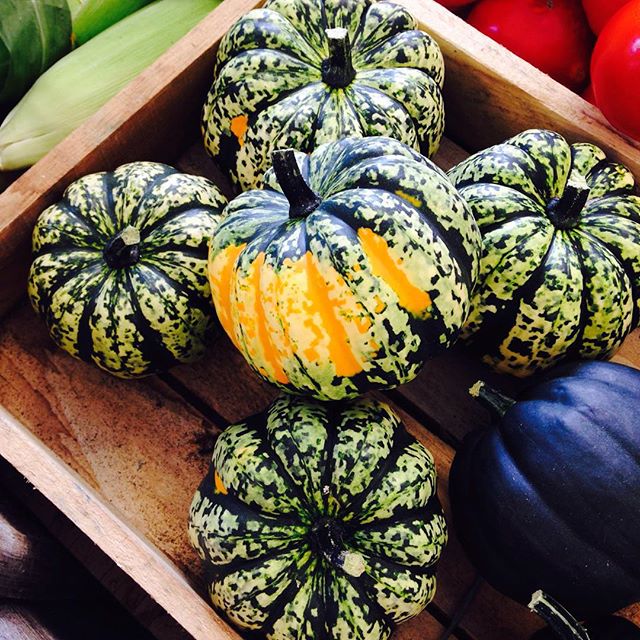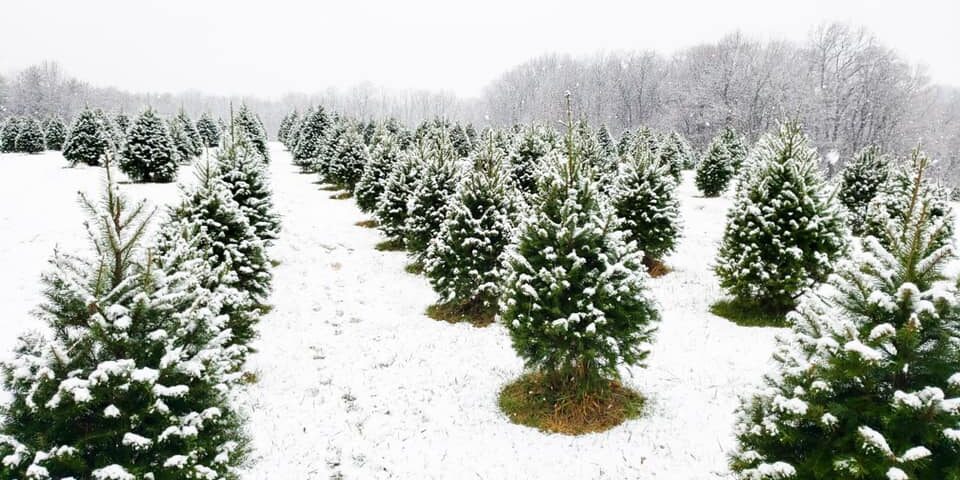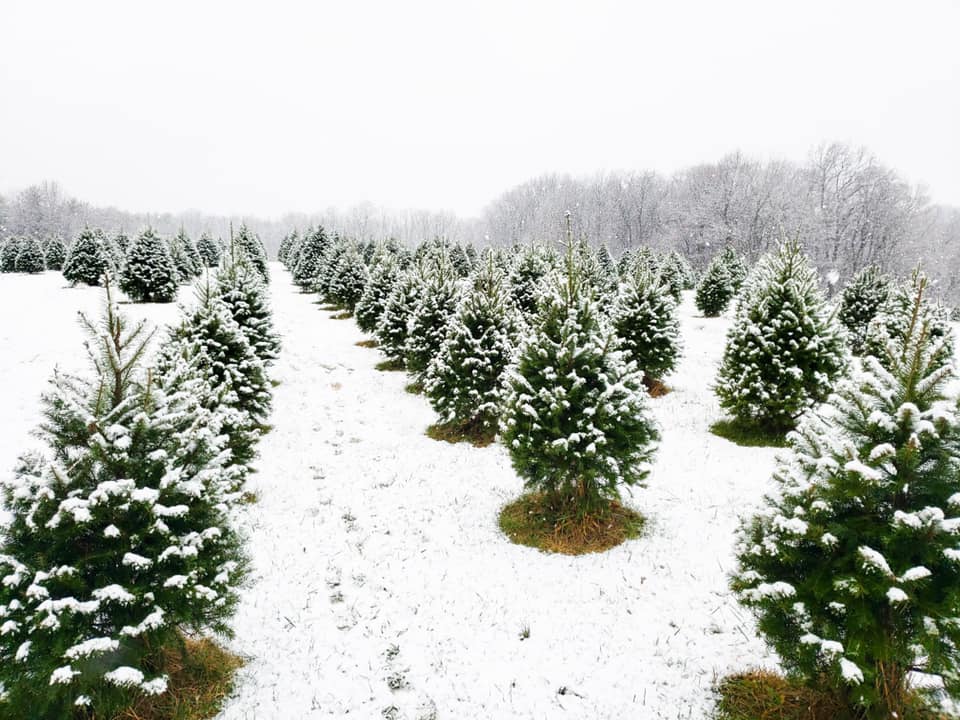
Resilient Food Systems Infrastructure Program Grants
January 22, 2024
MARBIDCO Maryland-Value Added Producer Matching Grant USDA Open
January 31, 2024Protect our Plants this Winter

Winter in Carroll County can often bring with it bitter temperatures, freezing winds and ‘what shall not be named’ otherwise known as snow and ice. Many families and businesses in Carroll County rely on wood burning stoves as a heat source but did you know that you can inadvertently be putting our forest at risk with your firewood?
Pests (aka insects) can hitch a free ride on plant materials including firewood, Christmas trees, handmade ornaments, holiday greens and more. Any fresh plant material or outdoor items, that are untreated, could be harboring invasive insects or insect eggs masses/larvae. And when we move untreated items we can be unknowingly transporting new or spreading existing pests to our area.
For example, the spotted lanternfly (SPL) lies egg masses (that look like muddy patches) on just about any outdoor surface. When you purchase or move firewood you could be unwittingly transporting more SPF into our area.
The good news is there are ways to mitigate the risks:
- Always buy local plant products. Do not move plants, fruits, vegetable or even soil into your state or another state unless they have been inspected and cleared of pests
- Always inspect any plant items for insect infestations. Signs to look for include live insects, egg masses, holes or tunneling in the wood.
- Buy local and certified hear-treated firewood or father it on site where permitted. NEVER move untreated firewood.
- Check out APHIS’ Interactive Maps to see if you are in or traveling through quarantine zones. Try not to move quarantined materials.
Carroll County (and most of the state of Maryland & Pennsylvania) are under a quarantine order to reduce the spread of the Spotted Lanternfly. Help us keep our local plants safe and protect our local agriculture by preventing the spread of pests in plant materials this winter (and all year round)!
You can learn more here: https://www.aphis.usda.gov/aphis/resources/pests-diseases/hungry-pests/hungrypests


